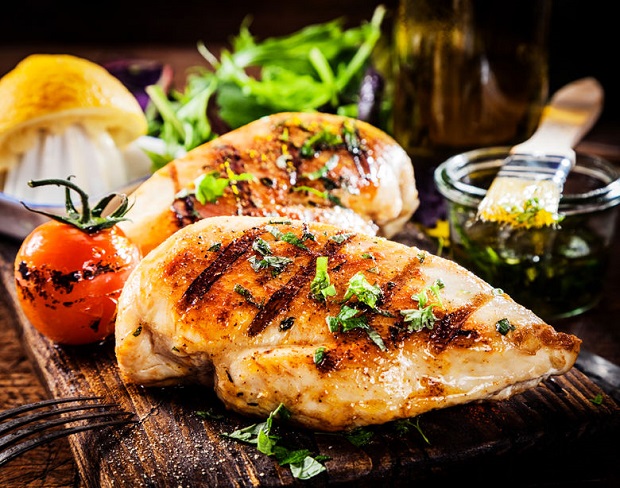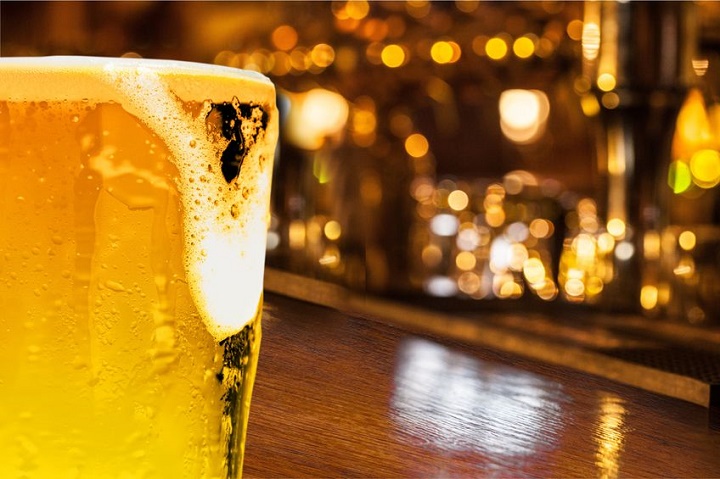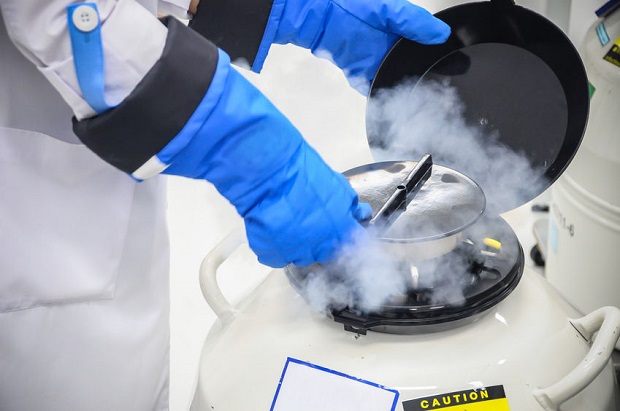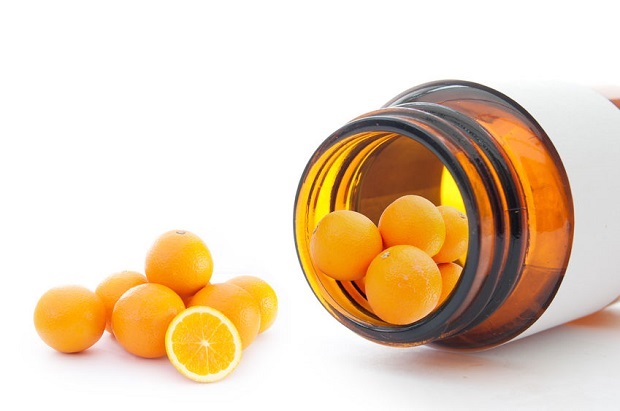
The medical community generally accepts many foods that affect gout negatively. For example, the US National Institutes of Health states that those who are more likely to develop gout have an unhealthy diet and eat foods that are rich in purines, such as red meat, organ meats, and certain seafood. They also drink alcohol and consume large amounts of fructose. [1]
However, ongoing research is measuring the benefits of particular food items that may positively influence gout. Most research is limited to a few trials and has yet to be widely accepted by the medical community, but many are promising. Take a look at what food items are currently under observation.
Dig Deeper:
Cherries/Cherry Juice

According to a systematic review assessing the effectiveness of cherries in reducing uric acid levels associated with gout, six studies have reported decreases in the incidence and severity of gout in those regularly ingesting cherry extract/juice compared to gout patients who don’t. [2]
Rather than a single study, a systematic review examines multiple studies on a single topic and analyzes the results and how the researchers obtained them. It’s literally research on the research. The systematic review published in the journal Evidence-Based Complementary and Alternative Medicine observed “a positive correlation between the consumption of tart cherry juice and a decrease in serum uric acid concentration.” The study authors concluded that current evidence supports an association between cherry intake and a reduced risk of gout attacks. [3]
Coffee

According to one Mendelian randomization (MR) analysis assessing the effectiveness of coffee on serum uric acid (SUA) levels and gout risk, increased coffee intake was positively associated with reduced risk of gout. [4]
Mendelian randomization, a systematic review method, uses measured gene variation to examine an exposure’s causal effect on an outcome. [5]
The MR analyses published in ACR open rheumatology observed, “Habitual coffee consumption was significantly and inversely associated with gout.” The study authors concluded, “With pleiotropy taken into account, our MR analyses revealed that coffee consumption can causally reduce gout risk and that it may reduce gout risk independently of SUA levels.” [6]
(Note: The Oxford Dictionary defines pleiotropy as the production by a single gene of two or more apparently unrelated effects, which in this context means that a single gene can influence multiple traits or diseases.)
Fish Oil (Omega-3 Fatty Acids)
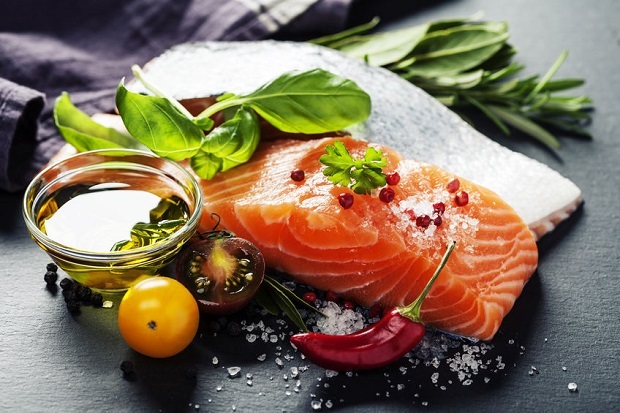
According to one study assessing the effectiveness of dietary or supplemental omega-3 polyunsaturated fatty acid on gout, increased dietary omega-3 polyunsaturated fatty acid intake is positively associated with a lower risk of recurrent gout flares. [7]
The study published in Arthritis & rheumatology observed, “Dietary n-3 PUFA-rich fish consumption, when adjusted for total purine intake, was associated with lower risk of recurrent gout flares, whereas n-3 PUFA supplementation alone, as taken in a self-directed manner, was not.” The authors concluded, “Consumption of specific sources and adequate doses of n-3 PUFA for gout flare prevention warrants further study in an adequately powered clinical trial.” [8]
Lemon Juice
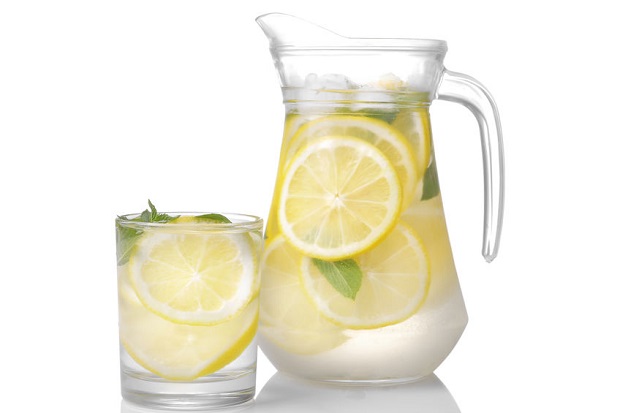
According to one pilot study assessing if drinking freshly squeezed lemon water changes serum uric levels (SUA) and influences urine pH, increased lemon intake was positively associated with reducing SUA. Participants ingested two freshly squeezed lemons in two liters of water per day for six weeks. [9]
According to the Dictionary of Epidemiology, a pilot study is “A small-scale test of the methods and procedures to be used on a larger scale.”
The pilot study published in Annals of the Rheumatic Diseases observed, “In this study, all individuals given lemon water showed a reduction in SUA, improvement of serum creatinine and GFR as well as urine alkalization after 6 weeks of lemon water.” The study authors concluded that “Lemon water may be a useful adjuvant in the treatment of patients with gout. Large randomized controlled trials are needed to further evaluate the hypourecemic effect of lemons and usefulness of lemons/lemon juice and lemon water as an adjuvant in the treatment of gout.” [10]
Tea

According to one MR analysis assessing the effectiveness of tea on gout, idiopathic gout, gout due to impairment of renal function, and uric acid, increased tea intake reduced the risk of gout due to impairment of renal function but did not affect the others. [11]
The Mendelian randomization analyses published in Frontiers in Endocrinology observed, “There was a genetic predisposition effect of increased tea intake on the reduced risk of gout due to impairment of renal function, whereas there was no such effect on gout, idiopathic gout, and uric acid.” The study authors concluded that “tea intake may become an important option in the dietary treatment of gout due to impairment of renal function.” [12]
Vitamin C

According to one literature review summarizing the current knowledge about the role of vitamin C in the prevention and treatment of gout, vitamin C was positively associated with reduced gout risk. [13]
A literature review collects and analyzes published information on a topic.
The literature review published in Nutrients observed, “Most epidemiological studies indicate a significant correlation between high vitamin C intake and lower serum uric acid levels.” The study authors concluded, “Despite promising observations, there are few observational and interventional studies, and their results do not clearly define the benefits of a high daily intake of vitamin C in preventing the development and recurrence of gout.” [14]
Resources
- [1] National Institutes of Health – National Library of Medicine – Medline Plus – “Gout | Gouty Arthritis.“
- [2][3] Pei-En Chen, Chia-Yu Liu, Wu-Hsiung Chien, Ching-Wen Chien, Tao-Hsin Tung – Evidence-Based Complementary and Alternative Medicine – “Effectiveness of Cherries in Reducing Uric Acid and Gout: A Systematic Review” 2019.
- [4][6] Shirai, Yuya, et al. “Coffee Consumption Reduces Gout Risk Independently of Serum Uric Acid Levels: Mendelian Randomization Analyses Across Ancestry Populations.” ACR open rheumatology vol. 4,6 (2022).
- [5] Centers for Disease Control – “What is Mendelian Randomization and How Can it be Used as a Tool for Medicine and Public Health? Opportunities and Challenges.“
- [7][8] Zhang, MaryAnn, et al. “Effect of Dietary and Supplemental Omega-3 Polyunsaturated Fatty Acids on Risk of Recurrent Gout Flares.” Arthritis & rheumatology (Hoboken, N.J.) vol. 71,9 (2019): 1580-1586.
- [9][10] Biernatkaluza E, Schlesinger N SAT0318 Lemon Juice Reduces Serum Uric Acid Level Via Alkalization of Urine in Gouty and Hyperuremic Patients- A Pilot Study Annals of the Rheumatic Diseases 2015;74:774.
- [11][12] Yu, Yunfeng, et al. “Effect of tea intake on genetic predisposition to gout and uric acid: a Mendelian randomization study.” Frontiers in endocrinology vol. 14 1290731. 2 Feb. 2024.
- [13][14] Brzezińska, Olga, et al. “Role of Vitamin C in Prophylaxis and Treatment of Gout-A Literature Review.” Nutrients vol. 13,2 701. 22 Feb. 2021.
DISCLAIMER: THIS WEBSITE DOES NOT PROVIDE MEDICAL ADVICE
The information, including but not limited to text, graphics, images, and other material on this website, is for informational purposes only. No material on this site is intended to be a substitute for professional medical advice, diagnosis, or treatment. Always seek the advice of your physician or other qualified healthcare providers with any questions you may have regarding a medical condition or treatment before undertaking a new healthcare regimen, and never disregard professional medical advice or delay in seeking it because of something you have read on this or any other website.
